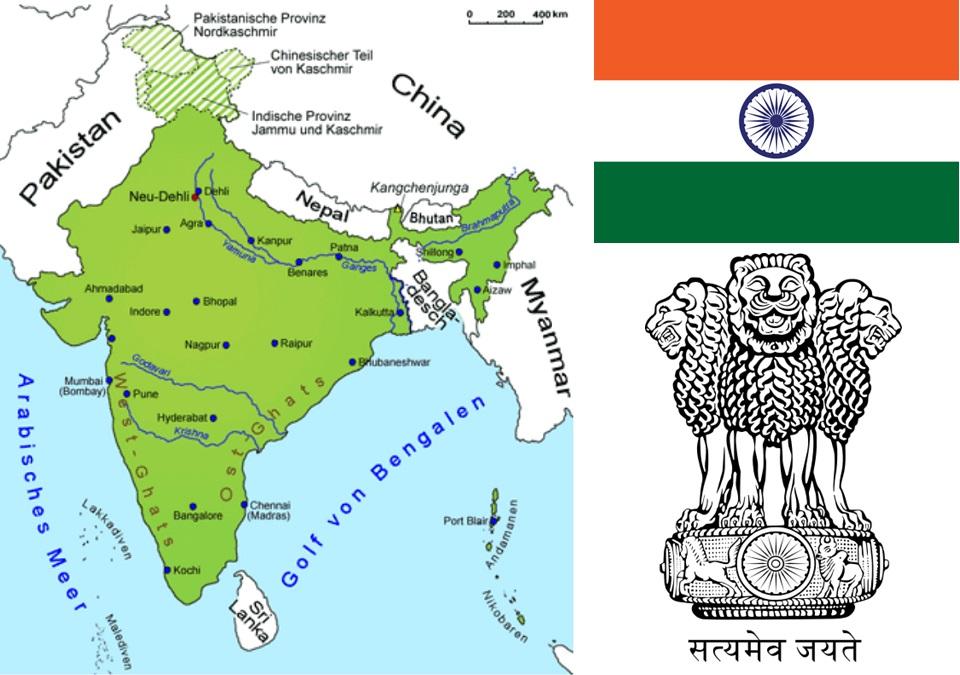India and Nigeria have officially submitted their bids to host the 2030 Commonwealth Games, setting the stage for a high-profile contest between two of the Commonwealth’s largest and most dynamic nations. As both countries seek to showcase their sporting infrastructure and cultural heritage on a global platform, the decision is expected to have significant implications for the future direction of the Games. With a growing emphasis on sustainability and inclusivity, the 2030 edition promises to be a milestone event, reflecting the evolving priorities of the Commonwealth sporting community.
India and Nigeria Present Strong Cases for Hosting Centenary Commonwealth Games in 2030
Both India and Nigeria have emerged as formidable contenders to host the landmark Centenary Commonwealth Games in 2030, leveraging their rich sporting heritage and rapidly advancing infrastructure. India’s proposal highlights its successful experience organizing large-scale international events, alongside a visionary plan to develop state-of-the-art facilities across multiple cities, ensuring accessibility and long-term legacy. Emphasizing its diverse culture and growing economy, India aims to showcase not just athletic excellence but also its unity and passion for sports on a global stage.
On the other hand, Nigeria presents a compelling case anchored in its vibrant youth population and untapped sporting potential. With recent investments in modernizing stadiums and training centers, Nigeria is positioning itself as a hub for emerging African talent. The bid includes commitments to sustainability and community engagement, highlighting programs designed to elevate grassroots participation. Below is a comparative snapshot of key elements both nations bring to the table:
| Key Aspect | India | Nigeria |
|---|---|---|
| Infrastructure | Multiple world-class venues & transport upgrades | Modernized stadiums & training facilities |
| Past Experience | Successful international event hosting (e.g., 2010 Commonwealth Games, 2017 FIFA U-17 World Cup) | Growing presence in African sports circuits |
| Community Impact | Legacy-focused urban development | Youth empowerment & grassroots programs |
| Sustainability | Green building and clean energy initiatives | Eco-friendly venue designs & waste management plans |
Assessing Infrastructure Capabilities and Sporting Legacy in India and Nigeria
Both India and Nigeria bring a unique blend of growing sporting infrastructure and rich athletic traditions to their bids for the 2030 Commonwealth Games. India, with its recent experience hosting the 2010 Commonwealth Games in Delhi, boasts a network of modern stadiums and training facilities, many of which have been upgraded or constructed anew in preparation for international events. The country’s expansive transportation infrastructure, including metro systems and international airports, further enhances its capability to accommodate a large influx of athletes and spectators with ease. Additionally, India’s success in sports like wrestling, shooting, and badminton highlights a robust legacy that continues to inspire rising generations of competitors.
On the other hand, Nigeria’s sporting landscape is marked by passionate engagement and significant achievements, particularly in athletics and football. Despite infrastructure challenges, recent government and private sector investments have begun to transform the country’s capacity to host world-class events. Nigeria’s experience hosting the 2003 All-Africa Games has motivated efforts to develop multipurpose venues and improve transport connectivity. The bid underlines ongoing projects aimed at upgrading stadiums and improving athlete facilities, projecting a vision to elevate the sporting culture while leaving a lasting infrastructure legacy post-Games.
- India’s Key Venues: Jawaharlal Nehru Stadium, Indira Gandhi Athletic Stadium, Siri Fort Sports Complex
- Nigeria’s Planned Facilities: Moshood Abiola National Stadium (upgrade), Abuja National Indoor Sports Hall
- Transport Links: International airports, metro expansions, improved road networks in both countries
| Criteria | India | Nigeria |
|---|---|---|
| Existing Stadiums | 10+ Major Venues | 5+ Facilities Under Upgrade |
| Recent Hosting Experience | 2010 Commonwealth Games | 2003 All-Africa Games |
| Transport Infrastructure | Robust, Extensive Metro & Airports | Developing, Focus on Expansion |
| Sporting Legacy | Strong in Wrestling, Shooting, Badminton | Strong in Athletics, Football |
| Criteria | India | Nigeria |
|---|---|---|
| Existing Stadiums | 10+ Major Venues | 5+ Facilities Under Upgrade |
| Recent Hosting Experience | 2010 Commonwealth Games | 2003 All-Africa Games |
| Transport Infrastructure | Robust, Extensive Metro & Airports | Developing, Focus on Expansion |
| Sporting Legacy | Strong in Wrestling, Shooting, Badminton | Strong in Athletics, Football |
| Evaluation Category | Recommended Benchmark |
|---|---|
| Environmental Sustainability | Net-zero emissions target & use of renewable energy |
| Infrastructure Development | Existing venues upgraded for multi-sport use |
| Community Engagement | Programs promoting youth participation in sports |
| Digital Innovation | Smart stadia and integrated mobile platforms for fans |
| Security & Safety | Robust plans addressing global and local concerns |
In Conclusion
As India and Nigeria submit their bids to host the 2030 Commonwealth Games, the decision marks a significant milestone in the ongoing efforts to expand the reach and impact of the Games across diverse regions. Both countries bring unique cultural heritage, growing sports infrastructure, and strong public support to their proposals, promising a memorable event that could boost regional development and international sportsmanship. The upcoming selection process will be closely watched by stakeholders and fans alike, as the Commonwealth Games Federation evaluates which nation is best positioned to deliver a successful and inspiring celebration of athletic excellence in 2030.





